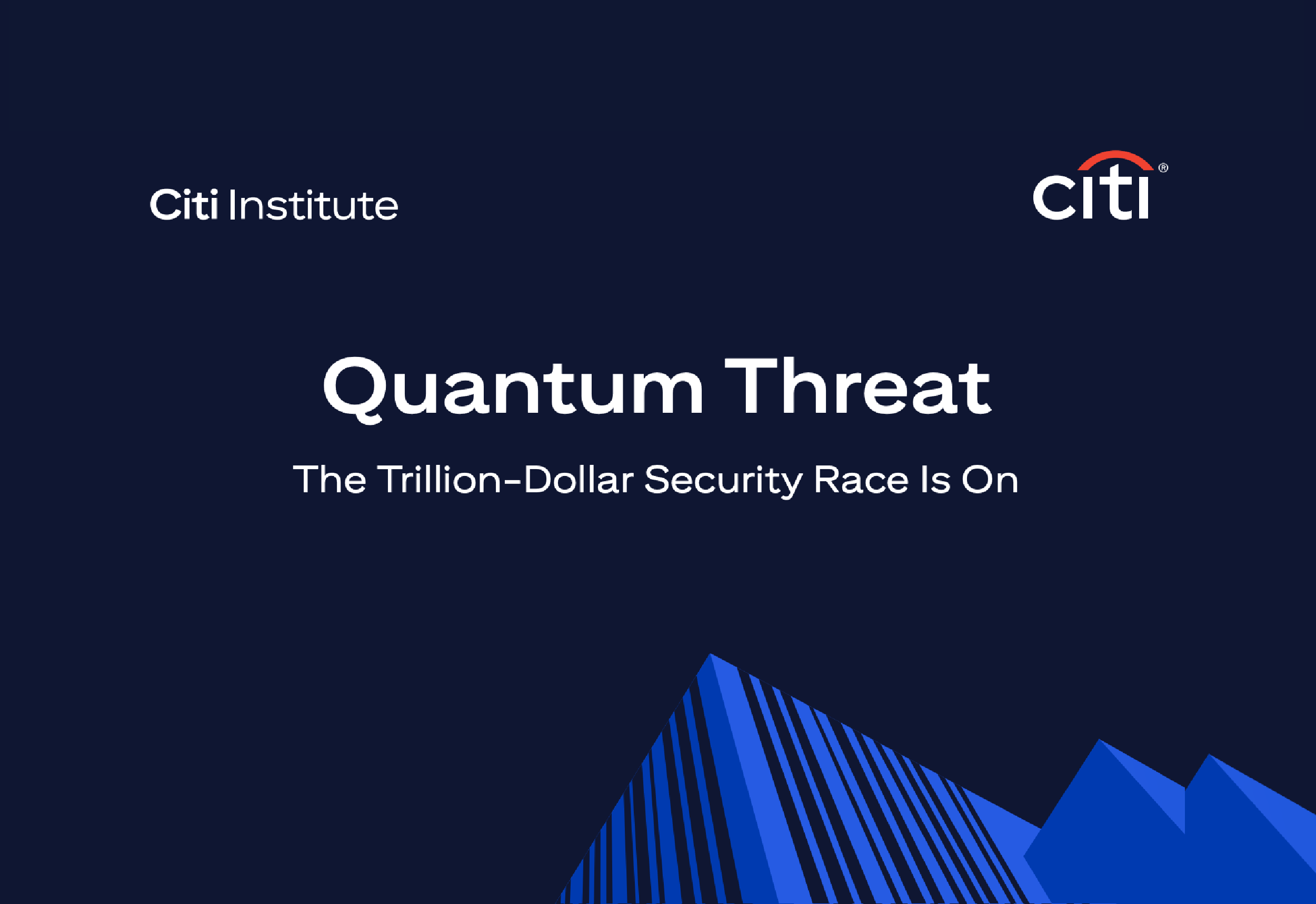
Emily Fontaine says IBM Ventures is targeting quantum software as its parent looks to build an ecosystem that includes startups and universities.
Quantum technology is as important now as artificial intelligence for IBM, says Emily Fontaine, head of venture capital at the computing company.
“We see quantum as the next frontier for computation, it’s going to unlock enormous financial benefits,” she says.
Fontaine was appointed to the post in mid-2024 to replace Angie Grimm, six months after IBM Ventures launched its $500m Enterprise AI Venture Fund. But while the unit is still investing strongly in AI, quantum technology has emerged as the other half of the unit’s priority areas. Fontaine says the capabilities of quantum computers have grown fast, increasing IBM’s interest.
“If you think about it, were we talking about quantum with startups 18 months ago? One of the key insights we’re seeing in quantum right now is that funding for quantum startups has seen substantial growth year over year, particularly in the first half of 2025.”
That increased activity on the startup side mirrors IBM’s own progress on quantum. In June, it published a roadmap setting forth plans to build the world’s first large-scale, fault tolerant quantum computer by 2029 alongside a network of quantum computing-focused data centres.
Those plans involve creating a wider quantum technology ecosystem with IBM at the centre, and IBM Ventures is pursuing a similar aim with its investments. Last month, it took part in a $26m series A round for Qedma, which is working on software that can reduce and mitigate the errors in quantum processing units – still the largest problem the technology is facing.
Fontaine says the unit is focusing on startups like Qedma, algorithm and software specialist QunaSys and quantum developer platform Strangeworks that are working on products that can augment IBM’s hardware development.
“We’re very focused on IBM hardware, of course, but the hardware space is becoming more robust,” she explains. “What we need to build is the algorithms, the software. We’ve got to create an ecosystem around that, and we want to be at the forefront — where we’ve not just got the best hardware on market…but we also want to help create that ecosystem.”
The unit’s focus on quantum also means it’s more involved with university innovation than most of its CVC peers. Qedma’s technology comes from research its founders conducted at Technion and Hebrew University in Israel, but IBM Ventures is partnering with University of Chicago on a quantum accelerator called Duality, and both its parent company and the university are working on setting up the National Quantum Algorithm Center in Chicago.
“It’s really important that we are investing and partnering with universities that can capitalise on the talent that’s coming out,” Fontaine says, adding that the company is constantly looking to form university partnerships, particularly for IBM Ventures.
“It’s particularly important when you think about quantum, because we’re in the first few innings and we’ve got to build that ecosystem. And we want help build that ecosystem around IBM hardware, because we fundamentally believe it’s best in industry.”
Commercialisation of quantum computing remains years away, however. Right now, IBM Ventures’ biggest priority is to speak to its startups, connect them to IBM’s researchers, discuss use cases for their products and help them to engage with IBM clients so that they can collaborate on proof-of-concept (POC) studies.
“I would say the quantum space is picking up extremely quickly and clients are actively looking to do POCs [to explore] how they drive [quantum computing] into their long-term roadmap. We’re bringing these startups with us when we talk about our hardware, in order to say ‘these are the things you could do’,” she says.
“I think client excitement is critical in all this,” Fontaine adds. “Because we can build and build but we’ve got to get to the point where we have to ask: How do we make that practical? How do we drive revenue out of that? How do we keep these startups in business? They have to be use cases that are driving real value that clients need.”
Targeting a multi-model approach for AI instead of one big ‘winner’
The other key priority for IBM Ventures is artificial intelligence. While IBM itself was part of a huge scale round for generative AI platform Mistral a year ago, its CVC unit has been much more involved in the enterprise side of the technology. The startups themselves are now moving from companies developing foundational models to those working on apps and software that either use those models to automate specific functions, or make them more effective in general.
“Enterprise AI adoption is really driving demand for the agent in applications,” Fontaine says. “We’re seeing that shift from augmentation to automation, which I don’t think is surprising, but it’s definitely exciting.
“And then we’re seeing domain-specific startups that are effectively building on increasingly advanced frontier models. Another interesting thing we’re seeing is that, as AI becomes increasingly embedded across all layers of software, engineers are embracing new tools for fine-tuning models.”
Fontaine says IBM’s vision of AI doesn’t involve one particular ‘winning’ model like ChatGPT, Gemini or Claude, but instead revolves around businesses using a network of models in a “fit-for-purpose AI strategy”. As a result, it is targeting startups with a similar outlook, such as Not Diamond, developer of an intelligent system that can route AI queries across different models while automatically adapting the prompts to fit each one.
IBM was a pioneer in AI investment, having put $100m into a fund centred on its AI query platform, Watson, a little over a decade ago.
Watson has since evolved into a suite of AI products under the Watsonx moniker. And in June this year, IBM launched an accelerator called Watsonx AI Labs to explore partnerships with New York’s AI startups and local universities that could lead to IBM Ventures funding in future. It’s part of an evolution focusing on long-term partnerships rather than quick returns.
“We’re hyper focused on getting into the best companies, but following that investment, we actively engage our portfolio companies to help them scale, and we do that through targeted business development and deep integration into the global ecosystem,” Fontaine says.
“For me, what makes that so effective is this really strong team we have. Whether it’s on the strategy side, the investment side or the portfolio side, we’ve got deep experts and industry leaders in that space that have trusted relationships in the founder community and the investor community — which I think is huge in getting us into the best deals.”






























































